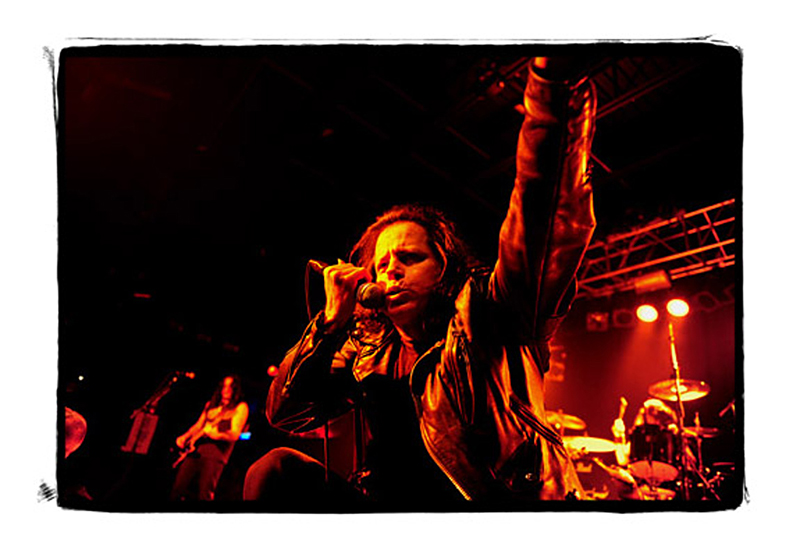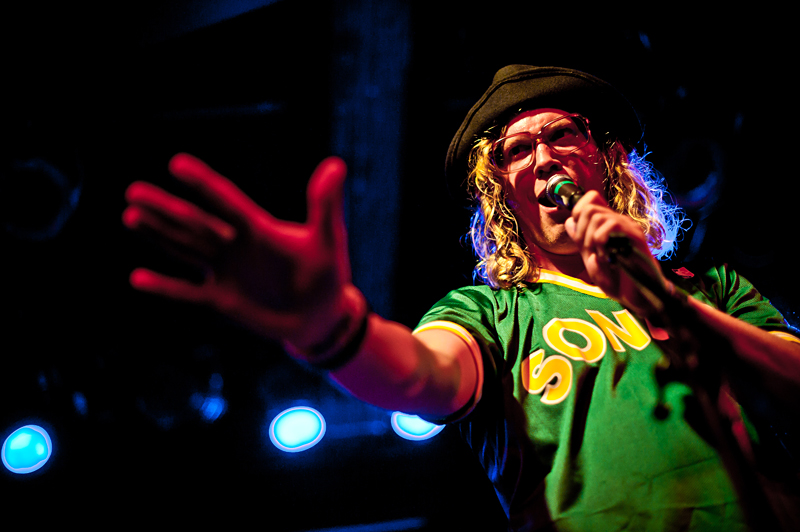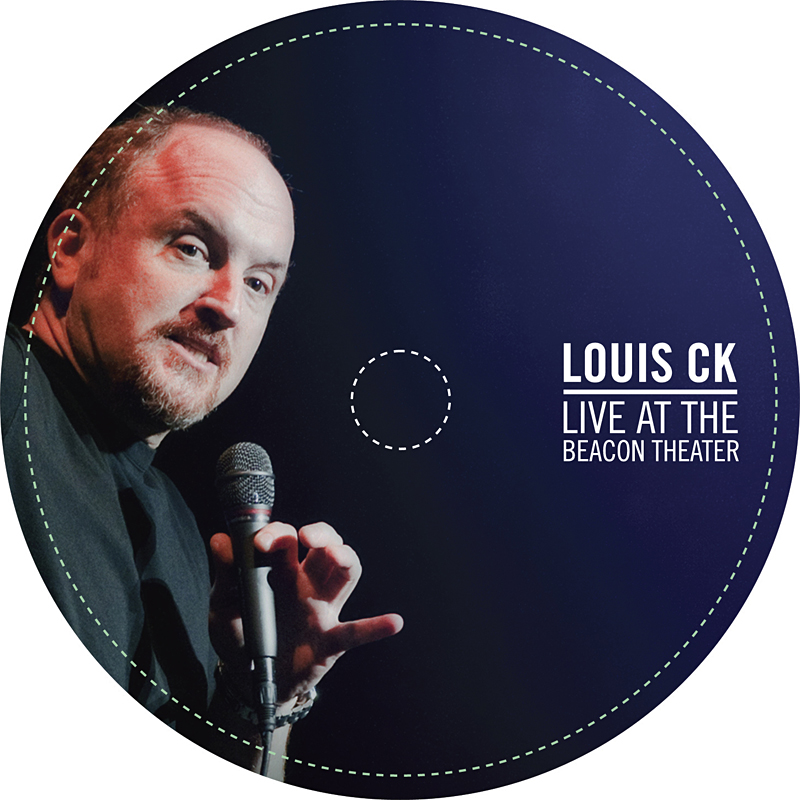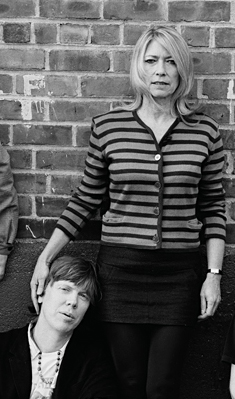Years ago, I was in Ohio drinking beer at a friend’s house when a rowdy guy named JC barged in sometime around 1 a.m., holding aloft a foam Misfits skull and bellowing “Twenty-five years of fear, fuckers! Twenty-five years of fear!” He’d just come from the Misfits’ 25th-anniversary show, and had somehow managed to make off with this amazing piece of loot from the stage. We threw in the Misfits’ Static Age, and JC commenced to jump around the living room with the skull under his arm, spilling beer on the carpet, screaming lyrics, and making the CD skip violently.
Behavior like this is epidemic among Misfits fans, which is why many continue to distance themselves not only from the seminal ghoul-punk legends, but from the great post-Misfits career of founder Glenn Danzig. Truth is, as great as the Misfits were, Danzig has been distancing himself from the band for more than 25 years—which is why he was nowhere to be found on that anniversary tour—just Danzig’s old bandmates humping the bloated corpse of their former glory.
Much as haters hate to admit it, Danzig is a visionary, a professional showman who walks the line between camp and menace like no other. For 30-plus years, his vision has been one of darkness and evil, but his first step toward longevity was abandoning lyrics about monsters and horror movies and moving into something more haunting and believable.
The LP debut of his self-named band, 1988’s Danzig, should rank among the classic rock greats, considering that it and the albums that followed—Danzig II: Lucifuge and Danzig III: How the Gods Kill—make an unholy trinity on a par with Black Sabbath’s first three LPs. With stripped-down, primal blues-metal riffage, Danzig’s music of this era aimed for the gut. Soon after, Danzig veered into metallic, industrial territory and later to classical music, both to the dismay of some die-hard fans.
Despite the genre drifts, Danzig’s vision of himself and his music as an intimidating force delivering tales from the dark side has never wavered. 2010’s Deth Red Sabaoth is no different, but the music seems a tad stale. Though hailed as a return to form with its crunching guitars and sing-along choruses, Deth Red Sabaoth is a mixed bag, apart from opener “Hammer of the Gods.” From there on, it sounds like Danzig parodying Danzig with a backing group hand-picked from a junior-high battle-of-the-bands competition.
It can’t be easy to keep the Danzig persona aflame, especially as a middle-aged man. But Danzig’s genius is that he’s been able to maintain his outlandish—even cartoonish—artistic vision for more than 30 years. Deth Red Sabaoth might feel like a weak spot, but if his track record has proven anything, it’s that Danzig the band and Glenn himself will find a way to grow old together.








